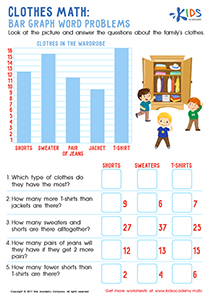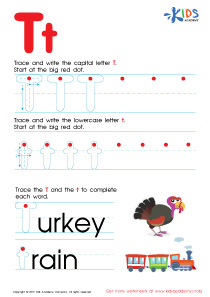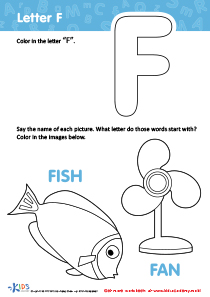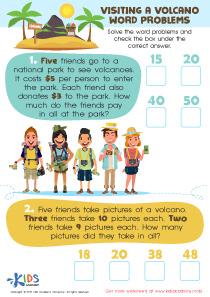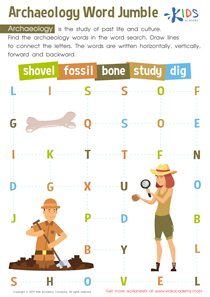Chess Videos for 3-Year-Olds
12 results
Introducing our enchanting educational series: Chess for 3-Year-Olds! This delightful collection of videos is specifically designed to introduce the magical world of chess to our youngest learners. With vivid animations and captivating storytelling, children are gently guided through the basics of chess, including the names of the pieces, how they move, and the joy of strategy. Each video is crafted to capture the imagination of 3-year-olds, making learning about chess an exciting adventure. Perfect for early learning, our Chess for 3-Year-Olds series is the ideal starting point for little ones to embark on their chess journey.
In today's fast-evolving educational landscape, the introduction of strategic games such as chess to young learners has gained significant attention. Among these innovative teaching methods, our educational videos on "Chess for 3-Year-Olds" stand out as an exceptional tool that contributes not only to the cognitive development of children but also enhances various skills essential for their academic journey. Here's how our specially crafted chess videos can enrich the learning experience for preschoolers, helping them in their studies and beyond.
Building Cognitive Foundations
Chess is often celebrated for its complexity and strategic depth, characteristics that might not seem suitable for toddlers at first glance. However, our "Chess for 3-Year-Olds" videos are designed to break down the game into digestible, engaging lessons that captivate young minds. These videos introduce children to the basics of chess, including piece movement and simple strategies, in a manner that is both fun and educational. This early exposure to chess can significantly boost a child's cognitive abilities, including memory, concentration, and problem-solving skills, laying a strong foundation for their future academic endeavors.
Enhancing Memory and Concentration
Our chess videos are crafted to improve memory and concentration in young learners. Remembering the rules of chess and the roles of different pieces requires a certain level of memory retention, which is developed naturally as children engage with our content. Furthermore, the need to focus on the game and think ahead to make strategic moves enhances their concentration skills. These improvements in memory and concentration are invaluable, not just in playing chess but across all academic subjects and daily activities.
Fostering Critical Thinking and Problem-Solving Skills
"Chess for 3-Year-Olds" introduces the concept of strategic planning and decision-making in an accessible way. As children learn to consider the consequences of their moves and anticipate their opponent's actions, they develop critical thinking and problem-solving skills. These skills are fundamental to academic success, as they enable children to approach complex problems in subjects like mathematics, science, and reading with confidence and creativity.
Encouraging Patience and Perseverance
Patience and perseverance are virtues that chess naturally instills in players, and our videos are no exception. Children learn that success in chess comes from careful planning and learning from one's mistakes. This understanding helps them develop patience and the perseverance to keep trying, even when faced with challenges. These attributes are crucial in any learning environment, as they encourage children to persist in their studies and strive for excellence.
Promoting Social Skills
Although our "Chess for 3-Year-Olds" videos are designed for individual learning, the game of chess itself is a social activity. As children learn the game, they become eager to play with others, be it peers or family members. This interaction fosters essential social skills such as taking turns, understanding perspectives, and sportsmanship. These skills are invaluable in a classroom setting, where collaboration and respect for others are key to a harmonious learning environment.
In conclusion, our "Chess for 3-Year-Olds" educational videos offer more than just an introduction to the game of chess. They provide a multidimensional learning experience that supports children's academic and personal development in numerous ways. By engaging with our content, young learners can build a strong foundation of cognitive, social, and emotional skills that will benefit them throughout their educational journey and beyond.












